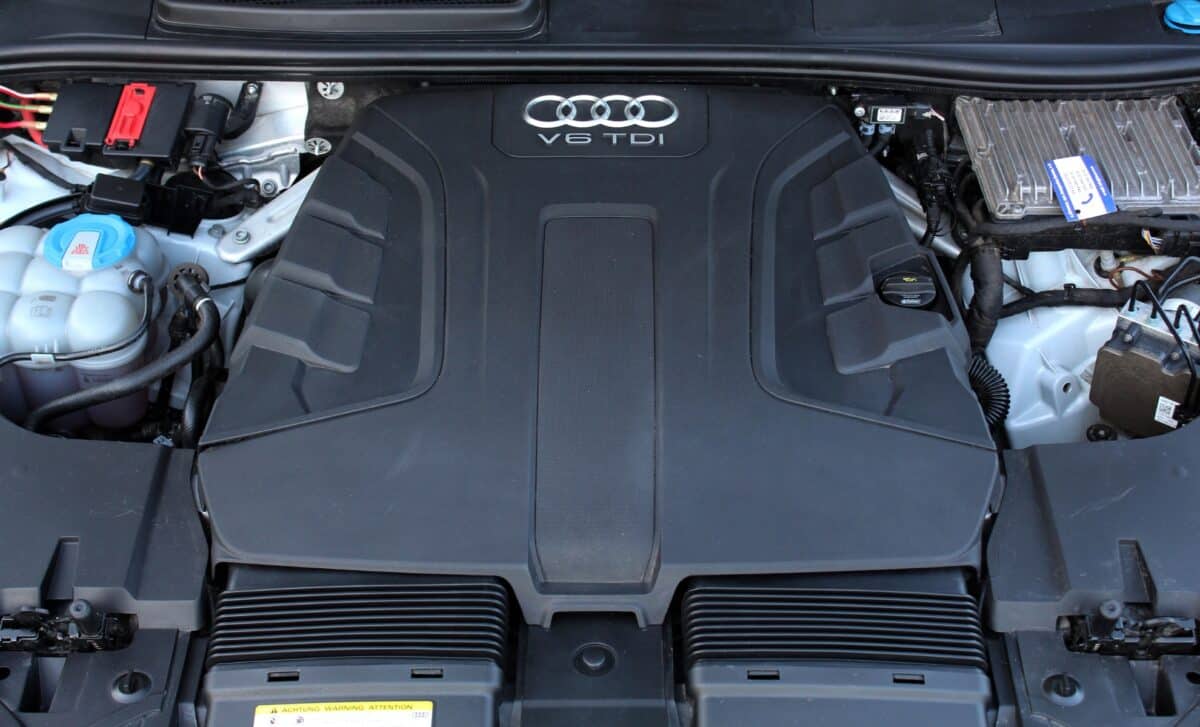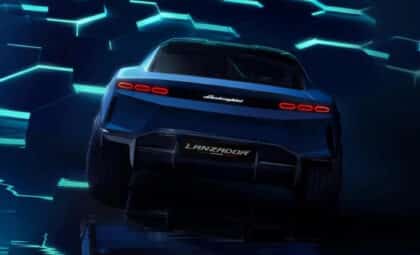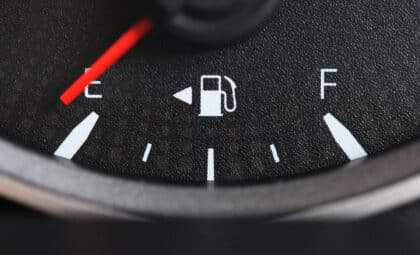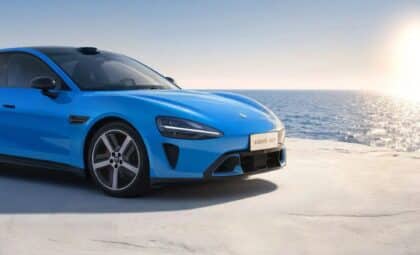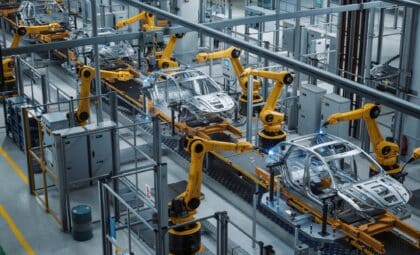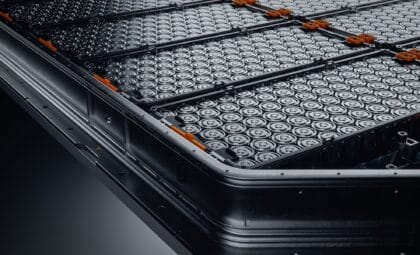In a world where planned obsolescence and costly repairs seem to dominate the automotive landscape, some engines still stand as paragons of long-term reliability. A handful of diesel powertrains, built in the 1990s and 2000s, continue to clock over 500,000 kilometers without major mechanical failures.
These motors, often overlooked in favor of newer and more complex technology, are not just mechanical relics—they’re proven workhorses. Five specific engines have shown an exceptional ability to withstand the test of time, provided they’re maintained with care. They include models from Volkswagen, Toyota, Peugeot-Citroën, Renault-Nissan, and Audi.
Today’s engines have evolved toward greater efficiency and reduced emissions, often relying on downsizing, turbocharging, and hybrid systems. While these advances offer clear benefits in terms of consumption, they also introduce more complexity—and with it, more potential points of failure. Many modern engines are more sensitive and expensive to repair than their predecessors. That’s why looking back at the durability of older engines is more relevant than ever.
Volkswagen’s 1.9 TDI, a Cornerstone of Durability
The Volkswagen 1.9 TDI diesel engine remains one of the most recognized examples of endurance and simplicity. Introduced in the 1990s, this engine was deployed across a wide array of models, from the Golf to the Passat. Its solid reputation stems from a combination of mechanical straightforwardness and low maintenance requirements.
According to AutoPlus, this engine was pivotal in establishing Volkswagen’s reputation for reliability during the 1990s and early 2000s. Despite technological progress, many of these power units are still in use today, often surpassing half a million kilometers on the odometer without major intervention.
The longevity of the 1.9 TDI lies in its conservative design—no unnecessary electronics, no complicated systems, and easy access to parts. In practical terms, this means cheaper repairs and fewer surprises.
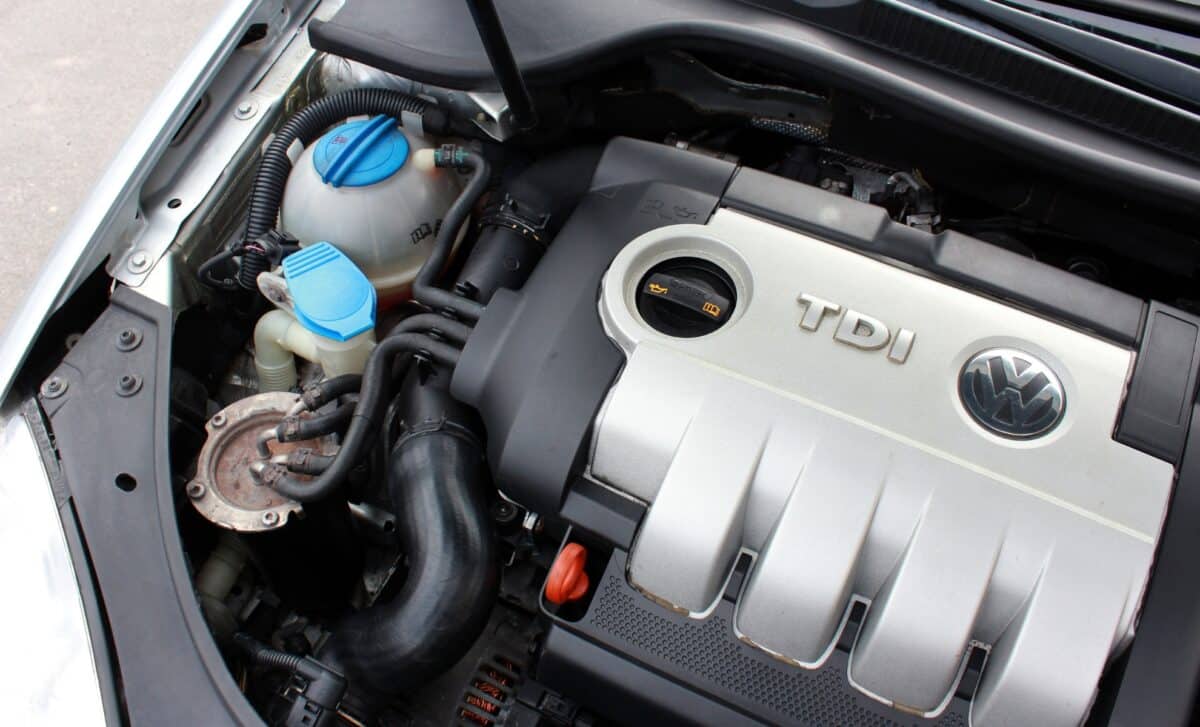
Toyota’s D-4D, a Lesson in Japanese Engineering
Toyota’s D-4D diesel engine is another benchmark for reliability in the automotive world. Built for durability, this engine powered a wide range of models including the Corolla, Avensis, and RAV4. Known for its fuel efficiency and mechanical robustness, it has earned a place among the most resilient engines of the early 2000s.
The D-4D was engineered with endurance in mind, offering a balance between performance and long-term functionality. It became especially popular in Europe thanks to its low maintenance costs and resistance to wear—even under intensive use. The fact that many of these engines are still running smoothly after hundreds of thousands of kilometers is seen as a testament to Toyota’s manufacturing quality at the time.
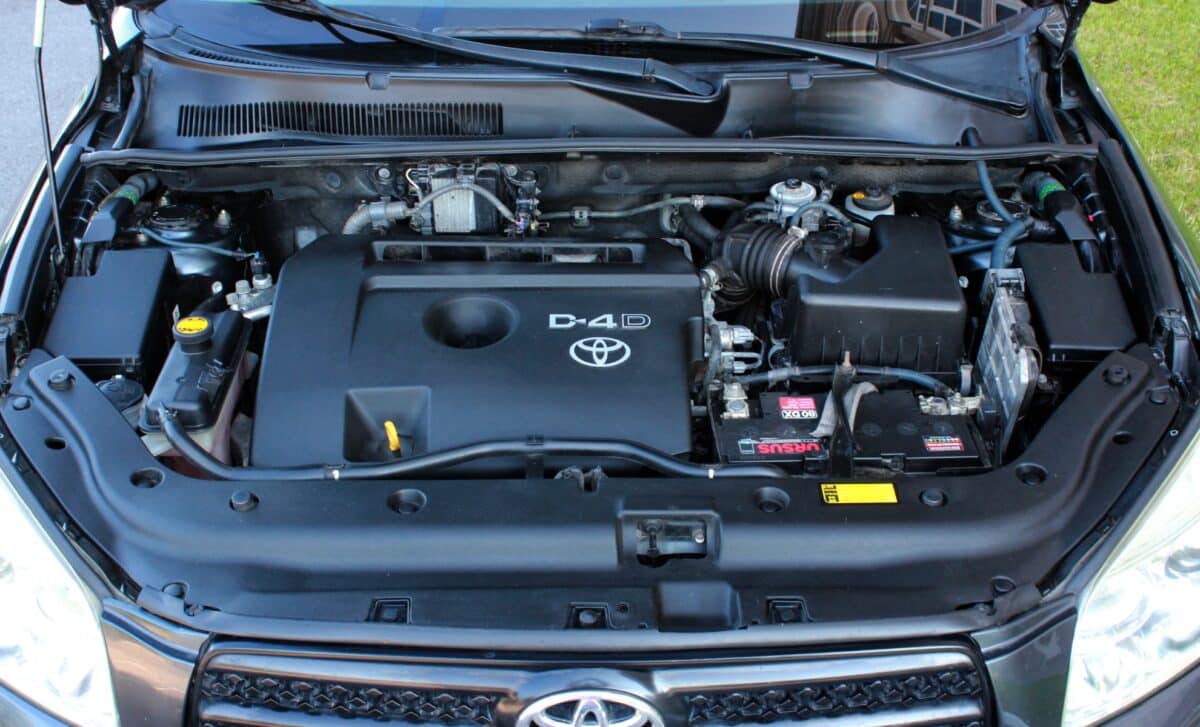
PSA, Renault-Nissan, and Audi Also in the Race
Beyond German and Japanese manufacturers, French automakers have also produced long-lasting diesel engines that stand the test of time. The 2.0 HDi from PSA, particularly the 90-horsepower version, was widely used in Peugeot and Citroën models. This engine is prized for its simplicity, resilience, and low cost of upkeep. With consistent maintenance, it’s capable of exceeding 500,000 kilometers without serious trouble.
Similarly, the 2.5 dCi diesel engine developed by Renault-Nissan has proven to be a durable workhorse. Found in various SUVs, sedans, and even commercial vehicles, it combines reasonable fuel consumption with significant robustness. It may not have the same legendary status as some German or Japanese engines, but it earns its place in this list through sheer consistency and practicality.
Finally, Audi’s 3.0 TDI V6 engine stands out for blending power and durability. Used across several brands within the Volkswagen Group—Audi, Volkswagen, Porsche, Seat, and Skoda—this engine has shown it can go the distance while offering a dynamic driving experience. As with the other engines cited, the key to its longevity lies in regular maintenance and avoidance of excessive strain.

